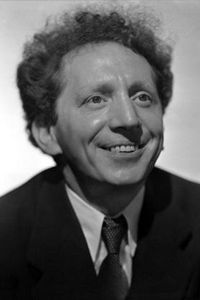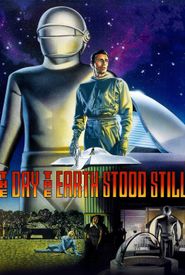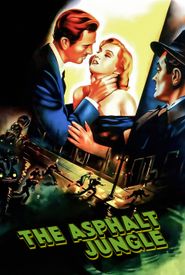Sam Jaffe, originally named Shalom Jaffe, was born in New York City to Russian Jewish immigrants Heida (Ada) and Barnett Jaffe. His mother was a prominent regional stage actress, and he began his career in Yiddish theatre productions with her.
Jaffe graduated from City College of New York and studied engineering at Columbia University. He started his career as a mathematics teacher in the Bronx before joining the Washington Square Players around 1915. He made his Broadway debut in the original play "Youth" in 1918 and went on to appear regularly throughout the 1920s, less frequently in the 1930s, and sporadically in the 1940s.
Jaffe was a method actor and sported his signature curly hair, which some people misinterpreted as part of a Harpo Marx characterization. He was noticed by Hollywood for his unusual role as the mad Grand Duke Peter in "The Scarlet Empress" (1934). He then appeared in "Lost Horizon" (1937) as the mysterious High Lama and "Gunga Din" (1939) as Gunga Din, a native regimental bhisti.
Jaffe's second film was "Gentleman's Agreement" (1947),in which he played an Albert Einstein-like professor. He went on to play doctors in a handful of movies and received a nomination for a supporting actor Oscar for his role in "The Asphalt Jungle" (1950).
Jaffe was blacklisted by Hollywood studios after being included on a list of performers sympathetic to communism. However, he was able to continue working due to the support of producer Julian Blaustein and director Robert Wise. He appeared in "The Day the Earth Stood Still" (1951) and "Ben-Hur" (1959).
After a seven-year hiatus, Jaffe returned to acting in the 1958 film "The Barbarian and the Geisha" with John Wayne. He went on to appear in numerous episodic TV shows throughout the 1960s, including the popular series "Ben Casey." Jaffe remained active in the entertainment industry until his passing, leaving behind a legacy as a unique and engaging actor and human being.






















































